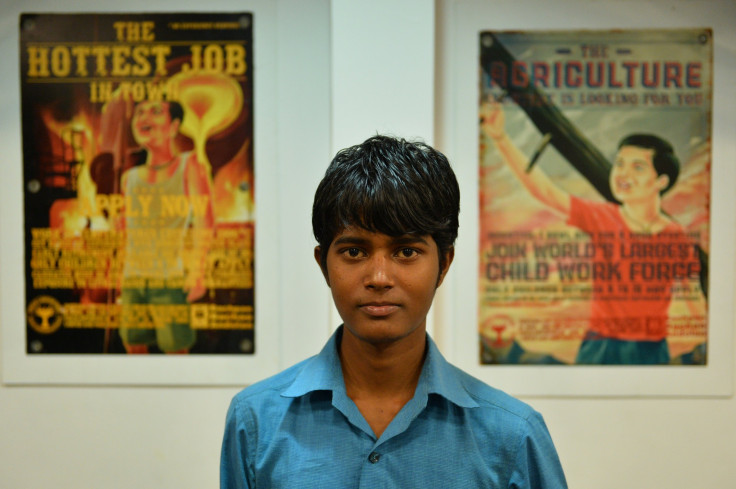Global Slavery Index 2016 Estimates 45.8 Million People Trapped In Modern Slavery

The third Global Slavery Index released Tuesday estimates that 45.8 million people today are in some form of modern slavery in 167 countries.
The report by Australia-based human rights group Walk Free Foundation increased its estimate of people born into servitude, trafficked for sex work or trapped in debt bondage or forced labor from 35.8 million in 2014.
The highest estimated prevalence of modern slavery by the proportion of its population was found in North Korea with 1 in every 20 people — or 4.4 percent of its 25 million population — in slavery. The findings also stated reports of state-sanctioned forced labor that showed the government doing the least to curb it.
India topped the list of countries with the highest absolute number of people in modern slavery, with the estimated number at about 18 million, or 1.4 percent of its total population. The world's second-most populous country was followed by China, Pakistan, Bangladesh and Uzbekistan.
Uzbekistan also had the second-highest estimated prevalence of modern slavery by the proportion of its population, with 3.973 percent of its population living under conditions of modern slavery.
The 2016 index took into account that many of these countries provide low-cost labor that produce consumer goods for markets in Western Europe, Japan, North America and Australia.
“We need to make it clear we’re not going to tolerate slavery and when there is slavery in a regime we should not trade with them,” Andrew Forrest, founder of Walk Free and Australian mining billionaire and philanthropist, told the Thomson Reuters Foundation.
The governments taking the least action were North Korea, Iran, Eritrea, Equatorial Guinea and Hong Kong, the report said. On the other hand, the governments taking the strongest actions against such forms of slavery were the Netherlands, the United States, Britain, Sweden and Australia.
Although India had the highest number of people in some form of modern slavery, Forrest said it deserved credit for beginning to address the issue. However, he said surveys suggested domestic work, construction, farming, manual labor and the sex industry in the country remained of great concern.
Forrest called on governments and companies to take action. “This is not AIDS or malaria. We have caused slavery and because it's a human condition we can fix it,” he said.
The 2016 index was based on interviews with about 42,000 people by pollster Gallup in 53 languages in 25 countries. The findings are likely to attract criticism as researchers say the methodology extrapolates on-the-ground surveys in some countries to estimate numbers for other nations.
The United Nation's International Labour Organization estimates that 21 million people globally are victims of forced labor, but this does not take into account all forms of slavery.
© Copyright IBTimes 2025. All rights reserved.






















